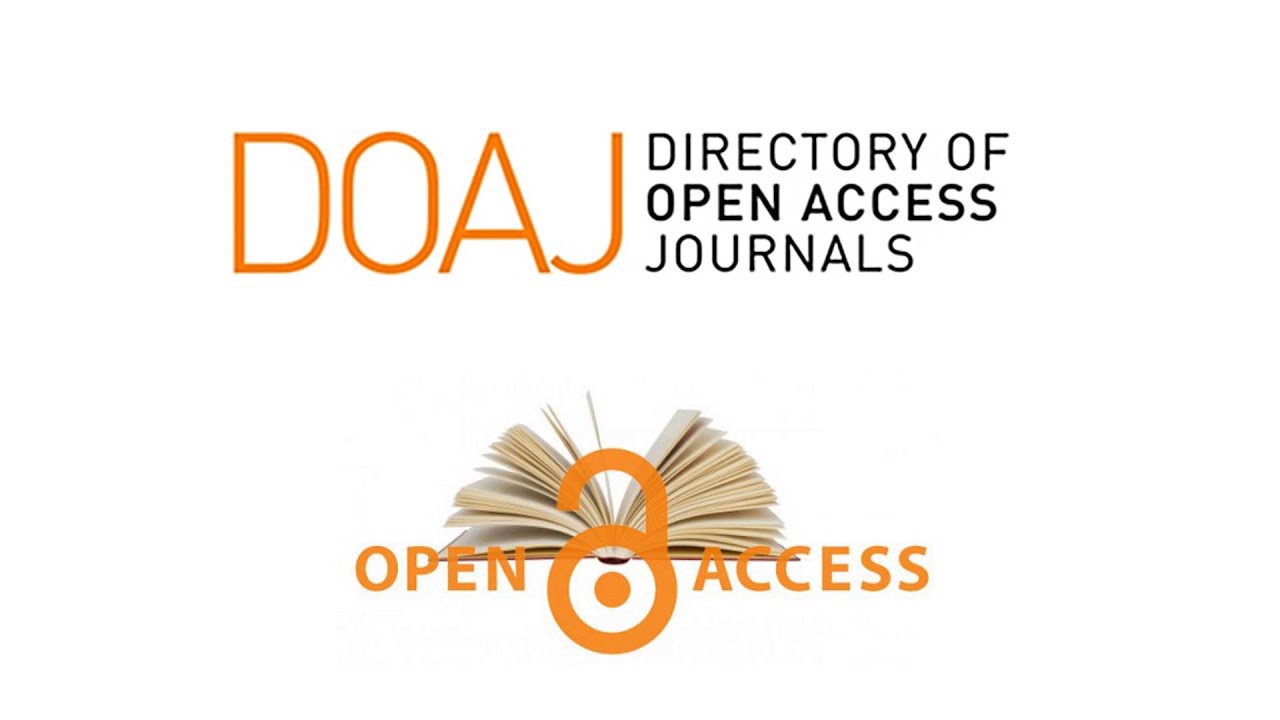The Effect of Analgesic Drugs (Voltaren, Profen and Panadol) on Kidney Function.
الملخص
Overuse of analgesics, particularly readily available over-the-counter (OTC) medications like acetaminophen, aspirin, and other non-steroid anti-inflammatory drugs (NSAIDs), contributes to a worldwide problem of analgesic misuse in both developed and developing nations. NSAIDs are a necessary choice for managing pain because they target the cyclooxygenase enzyme (COX) pathway, which is central to both inflammation and pain signaling. They work by targeting two cyclooxygenase enzymes COX-1 and COX-2, which reduces the production of prostaglandins (PGs). The clinical utility of these agents is limited by their potential to induce adverse effects, notably acute kidney injury (AKI), which may contribute to the development of chronic kidney disease (CKD) in severe or prolonged cases. Renal function is susceptible to alteration by NSAIDs via inhibition of COX-1 (regulating renal hemodynamics and glomerular filtration rate) and/or COX-2 (mediating sodium and water excretion).This study aimed to investigate the effect of analgesic medications, including Voltaren (diclofenac), Profen (ibuprofen), and Panadol (paracetamol/acetaminophen), on kidney function, specifically assessing creatinine, urea, and uric acid concentration. Sixty participants were enrolled in the study and divided into four groups of 15 individuals each: 15 individuals taking Voltaren, 15 individuals taking Profen, 15 individuals taking Panadol, and 15 individuals not using any analgesic medications, who served as the control group.There was a significant increase in concentration of each of urea, uric acid, creatinine after four months of having the drugs that mention above compared with control group.




